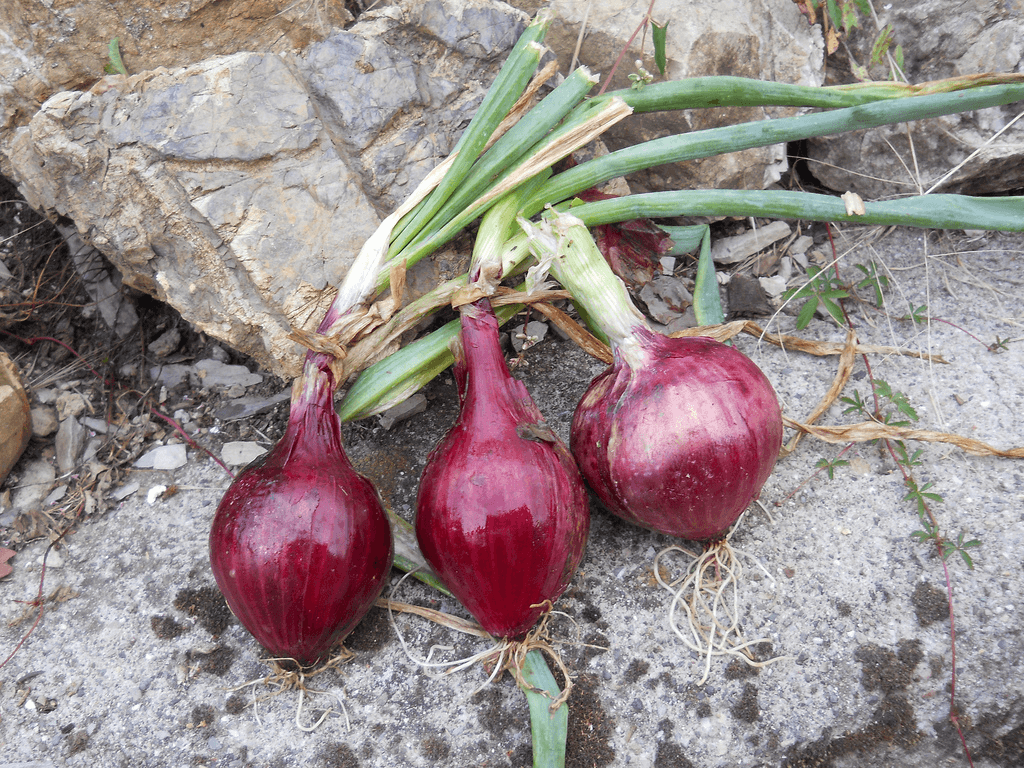Onions may be famous for giving you bad breath and bringing tears to your eyes, but they carry some pretty hefty nutritional value too! While providing abundant flavor to your favorite dishes, they are high in vitamin C, a good source of fiber, and possible players in preventing cancer and reducing the risk of heart disease.
Source: Jack Anderson
Preventing Cancer
Onions are filled with phenolics and flavonoids: anti-cancer compounds. These compounds protect normal cells from DNA damage, preventing them from becoming cancer cells. Cells with damaged DNA that do not die or repair themselves will go on to make more cells with damaged DNA. This can eventually lead to the formation of a cancerous tumor that disrupts the normal tissue in the body.
Different onion varieties contain differing amounts of these anti-cancer compounds. According to a study published in the Journal of Agricultural and Food Chemistry, shallots, Western Yellow, New York Bold, and Northern Red onions are higher in anti-cancer compounds than other varieties. Because these varieties contain higher amounts of anti-cancer compounds, they are more effective in preventing liver and colon cancer cell growth. Shallots have been found to be particularly effective against liver cancer cells. The Western Yellow and New York Bold onion varieties seem to have the greatest effect on both liver and colon cancer cells.
Reducing the Risk of Heart Disease
Chinese researchers found that the regular consumption of red onions reduced the risk of heart disease in hamsters. In their study, a group of 36 hamsters were randomly divided into two groups. The control group was fed a high cholesterol diet with no onion powder, while the experimental group was fed a high cholesterol diet with onion powder derived from red onions . After a period of eight weeks, the researchers found that the levels of LDL cholesterol (“bad cholesterol”) in the hamsters on the diet with the onion powder had dropped. They also found that the levels of HDL cholesterol (“good cholesterol”) remained high during those eight weeks. Low levels of LDL cholesterol and high levels of HDL cholesterol are signs of a healthy heart.
Onions can be eaten raw, marinated, caramelized, and even roasted. So add some to your next dish, not only to add some flavor to your dinner, but also to reap those great health benefits: potential cancer prevention and a reduced risk of heart disease.
Feature Image Source: Onions by Danny Ayers










